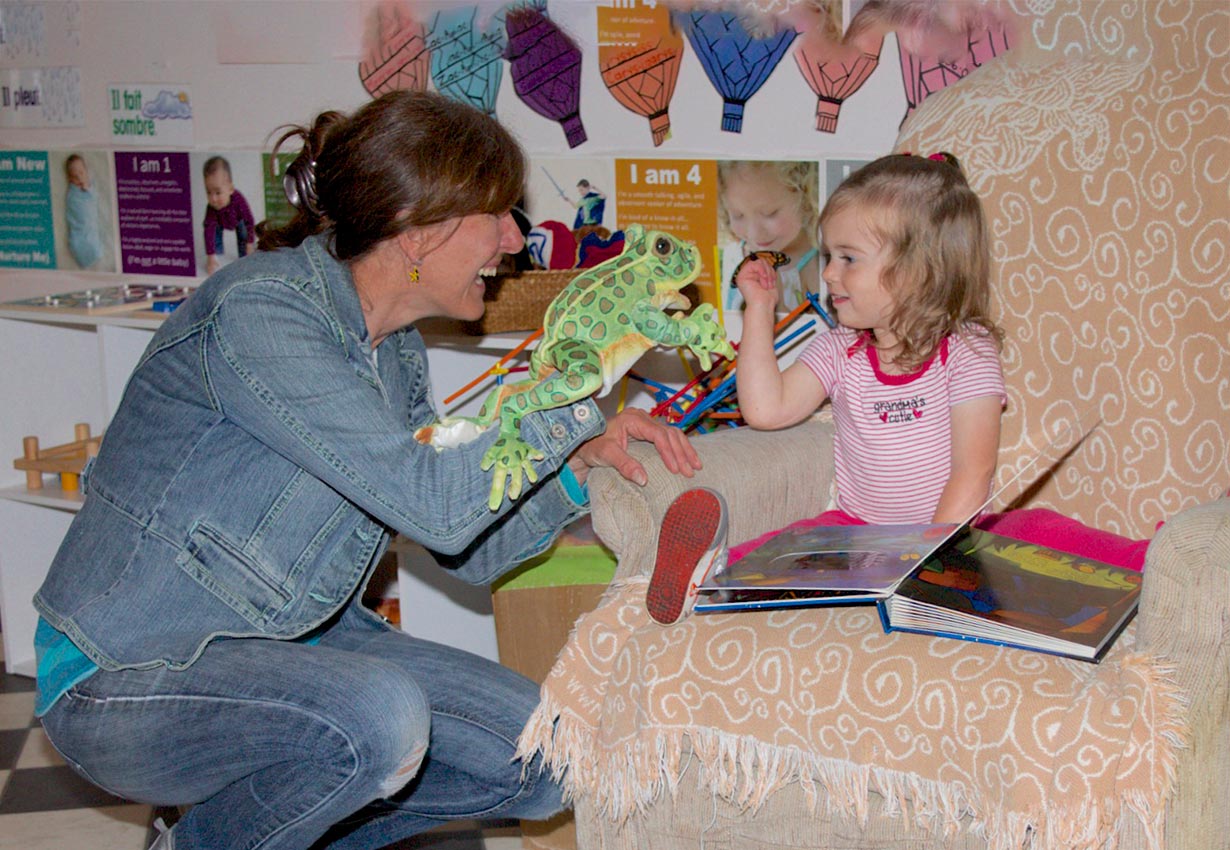Childcare Facility Supervisor (Mission Childcare Centre)- Excluded
Growing Roots Early Learning and Child Care in Mission
Please view the information below for a detailed job description outlining the role and responsibilities. If you have any questions or would like to apply, please contact the organization directly and follow any application instructions as described within the job description details below.

Job Description
Employment Type:
Full Time
Hours Per Week:
35
Working Hours:
7:30 am - 5:30 pm
Type of Child Care:
Infant/Toddler
Position Start:
As soon as possible
Position Summary:
The primary objective of the Childcare Manager role is to oversee the efficient operations of the Métis Family Services Society Childcare Centre on a day-to-day basis ensuring that the centre’s operations are aligned to meet the principles of cultural safety and trauma informed practice.
The Childcare Manager will play a crucial role in defining program methodologies, with a special emphasis on Métis culture, establish and implement policies and procedures, developing a staffing plan, and managing various aspects of labor relations, from hiring to performance management, and employee exits.
The Childcare Manager maintains responsibility for the day-to-day operations including facility and equipment compliance, licensing, program development and service delivery and evaluation, business operations within the program such as financial and human resource matters.
The Childcare Manager will provide daily supervision, leadership, and mentorship within the Childcare Programs, including supervising the Early Childcare Educators and Early Childcare Educator Assistants. The Childcare Manager will ensure the work of their team is integrated and managed to provide a beneficial level of services to the client and community members served.
Reports to: The Director of Programs and Practice, Child and Family Development.
Qualifications:
Other: Basic Early Childhood Education Certificate
Additional Qualifications:
Job Skills and Abilities
- Early childhood education: Knowledge of child development principles and age-appropriate teaching methods.
- Demonstrated ability to work collaboratively with diverse families and population including: Elders, Métis community members and agencies, with a client/family-centered approach.
- Ability to lead and work effectively with program staff, volunteers, and nonprofit or publicly funded groups, agencies and organizations.
- Ability to build and maintain productive working relationships with all stakeholders.
- Demonstrated effective leadership, supervisory and teamwork skills.
- Strong time management skills.
- Excellent interpersonal, written and verbal communication skills, suitable for working with team members and young children.
- Strong organizational skills.
- Strong advocacy, diplomacy, problem solving and conflict resolution skills.
- Self-directed and motivated to manage all aspects of childcare facility operations with minimal supervision.
- Classroom management: Ability to create a structured and positive learning environment.
- Educate: Passion for teaching, nurturing, and supporting child and infant development.
- Caregiving: Ability to provide compassionate care and support to children.
- Cultural sensitivity.
- Ability to lift 50lbs.
Years Experience Required:
5
Required Experience:
- Basic Early Childhood Education Certificate and a license to practice from the B.C. Early Childhood Educator Registry, with Infant Toddler and Special Needs designation.
- A valid Childcare First Aid Certificate.
- Strong working knowledge of child development and childcare programming, related legislation (the Community Care Facilities Act), regulations and policies related to childcare in BC.
- Working knowledge of BC Early Learning Framework (ELF), Indigenous Early Learning Framework (IEFL) and Métis Early Learning and Childcare Framework.
- Working knowledge of case management principles and practices: file documentation, security, confidentiality, mandatory reporting controls, screening procedures, and trauma-informed approaches.
- Working knowledge of pedagogical narration.
- Knowledge of Métis child well-being issues, including working knowledge of Métis child-rearing and educational concepts.
- Working knowledge and experience including children with support needs to fully participate in early learning programs and activities.
- Demonstrated knowledge of Métis history, cultural practices, traditions, teachings, stories, language, traditional foods & medicines, and experiences particular to Métis people across Canada.
- Knowledge and experience in budgeting, cost estimating and fiscal management principles and procedures.
- Familiarity with community resources in the Mission region, including other childcare programs.
- Knowledge of the Child, Family & Community Services Act, specifically section 13 child protection concerns.
- Computer knowledge and the ability to use Microsoft office suite.
- Five (5) years recent related experience, managing a childcare facility or a combination of relevant experience.
Salary & Benefits:
Wages: Step 1 $32.00 – Step 4 $36.00 per hour.
Benefits:
- Extended Health
- Dental
- Employee Assistance Program
- Paid vacation
- 100% paid individual benefits
- Municipal Pension Plan
- Cultural training and learning opportunities
- Staffing hours between 7:30am and 5:30pm
Additional Information:
Additional Information:
- Class 5 drivers license
- Ability to pass vulnerable population criminal reference check
- This position may be required to work additional hours (evenings and weekends) to align with operational requirements.
Core Competencies:
Indigenous Relations Behavioural Competency:
• Cultural Agility is the ability to work respectfully, knowledgeably, and effectively with Indigenous people. It is noticing and readily adapting to cultural uniqueness in order to create a sense of safety for all. It is openness to unfamiliar experiences, transforming feelings of nervousness or anxiety into curiosity and appreciation. It is examining one's own culture and worldview, and the culture of Métis Family Services, and to notice their commonalities, and distinctions with Indigenous cultures, and worldviews. It is recognition of the ways that personal and professional values may conflict or align with those of Indigenous people. It is the capacity to relate to or allow for differing cultural perspectives and being willing to experience a personal shift in perspective. Effectively to other people from diverse backgrounds with diverse views.
Additional Behavioural Competencies
• Results Driven concern for surpassing a standard of excellence. The standard may be one’s own past performance (striving for improvement); an objective measure (achievement orientation); challenging goals that one has set; or even improving or surpassing what has already been done (continuous improvement).
• Teamwork and Co-operation is the ability to work co-operatively with diverse teams, work groups, and across the organization to achieve group and organizational goals. It includes the desire and ability to understand and respond effectively to other people from diverse backgrounds with diverse views.
• Service Orientation implies a desire to identify and serve customers/clients, who may include the public, co-workers, other branches, other ministries/agencies, other government organizations, and non-government organizations. It means focusing one's efforts on discovering and meeting the needs of the customer/client.
• Seeking and Using Feedback involves recognizing that improving performance and authenticity can occur through a reciprocal relationship. This requires an acknowledgement that here is an opportunity for mutual learning and development and levels the field in what is brought to supervision. Reciprocal learning can require active listening and modeling personal change in order to foster trust.
• Reflective Practice is the ability to critically assess how one’s values, beliefs, ethics and culture influence decisions and relationships. An ability to demonstrate exemplary behaviour and curiosity regarding the perspectives of others results in appropriate boundaries and insightful practice.
• Responsive Learning is facilitated through multiple approaches to encourage a deepening and expanding of skill sets with a view to continuing to build expertise that result in improved individual and organization outcomes.
• Information Seeking implies going beyond the questions that are routine or required in the job. It may include “digging” or pressing for exact information; resolution of discrepancies by asking a series of questions; or less-focused environmental “scanning” for potential opportunities or miscellaneous information that may be of future use.
• Planning, Organizing and Co-ordinating involves proactively planning, establishing priorities, and allocating resources. It is expressed by developing and implementing increasingly complex plans. It also involves monitoring and adjusting work to accomplish goals and deliver to the organization's mandate.
• Decisive Insight combines the ability to draw on one’s own experience, knowledge and training and effectively problem-solve increasingly difficult and complex situations. It involves breaking down problems, tracing implications and recognizing patterns and connections that are not obviously related.
• Conflict management (Reduces and Resolves Conflict in a Proactive Manner) involves working to resolve conflict when the conflict directly impacts on achievement of work objectives. Anticipates and acts to mitigate/reduce potential conflict management and to reduce and resolve conflict at the outset, by encouraging continued. Open, two–way communications.
• Handling crisis involves effectively managing risks and crises and handling public relations.
